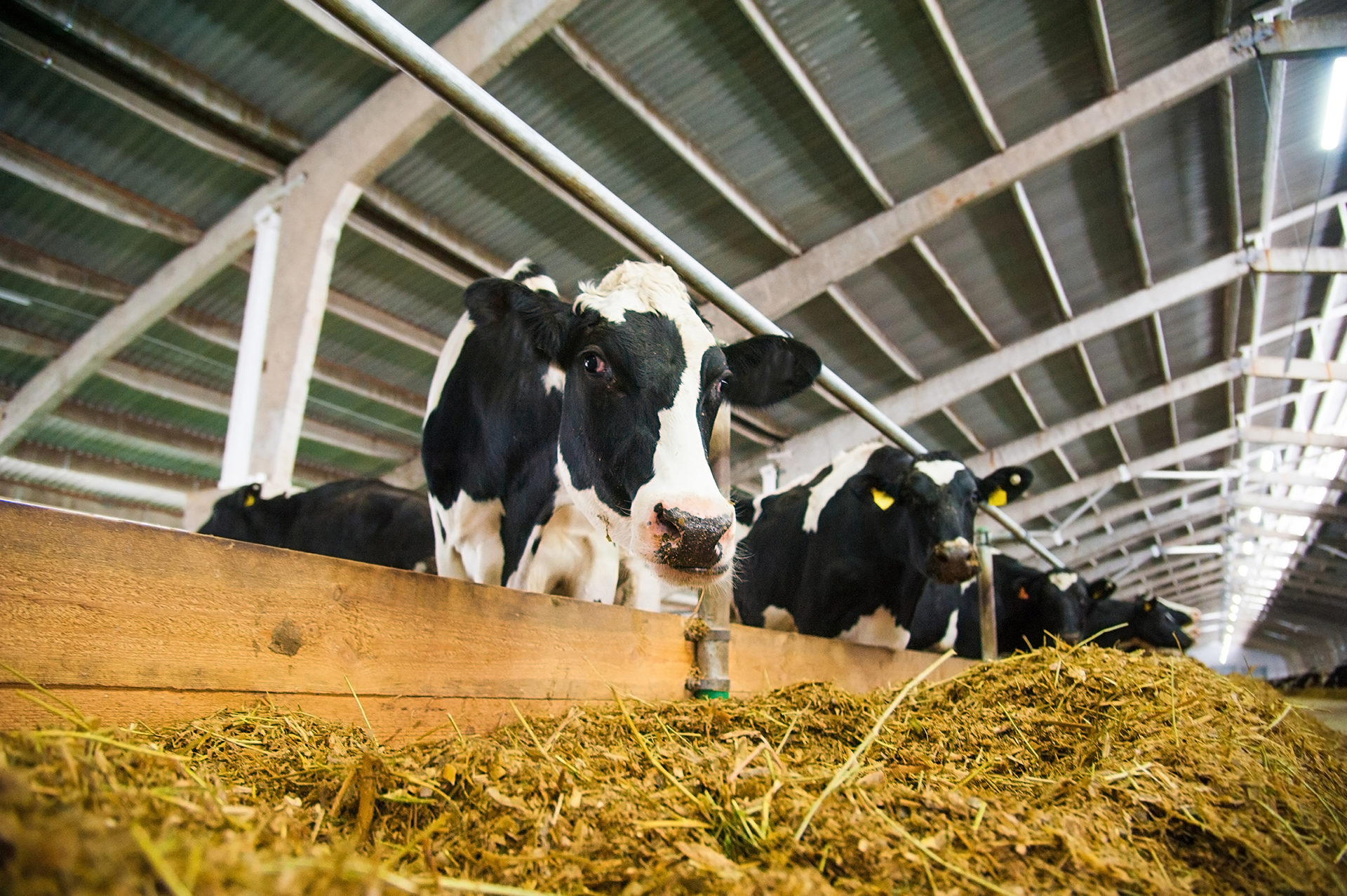The removal May 17 of US tariffs on Canadian steel and aluminum – and this week, retaliatory tariffs of 10% Canada that had imposed on 75 products, including cucumbers and gherkins, prepared meats, maple syrup, yogurt and roasted coffee – may pave the way for ratification of the Canada-US-Mexico trade agreement announced last fall.
However, the very fact that ratification has yet to take place means the agreement still faces uncertainties.
While all three countries signed the deal in Buenos Aires on November 30, political conditions in each country raise the chances of the deal not coming into effect.
US president Donald Trump positioned the deal as addressing injustices the US farmers, particularly dairy producers, faced under the North American Free Trade Agreement (NAFTA). But on December 2, Trump announced that he would initiate the six-month timeline to withdraw from NAFTA. However, the deal faces what one representative has called a “hard way” through a divided Congress and six months after Trump’s threat nothing has changed.
US farm groups, already taking a hit from a trade troubles with China, have been rallying around the continuation of the old deal until ratification of a new deal occurs.
In Canada, the final four weeks of the current sitting of Parliament before the summer recess – and this fall’s general election – begins next week. Ratification of the deal before the writ drops and Parliament dissolves would require MP’s approval by June 21.
Canada’s international trade minister, Chrystia Freeland, said ratification will proceed “full steam ahead” now that the tariff dispute with the US has ended. However, farmers in supply-managed sectors remain concerned with concessions that will increase US access to domestic markets for milk, poultry and eggs.
Sign up for weekly FARM NEWS UPDATES delivered to your inbox every Wednesday morning


 BC berry growers get a boost
BC berry growers get a boost